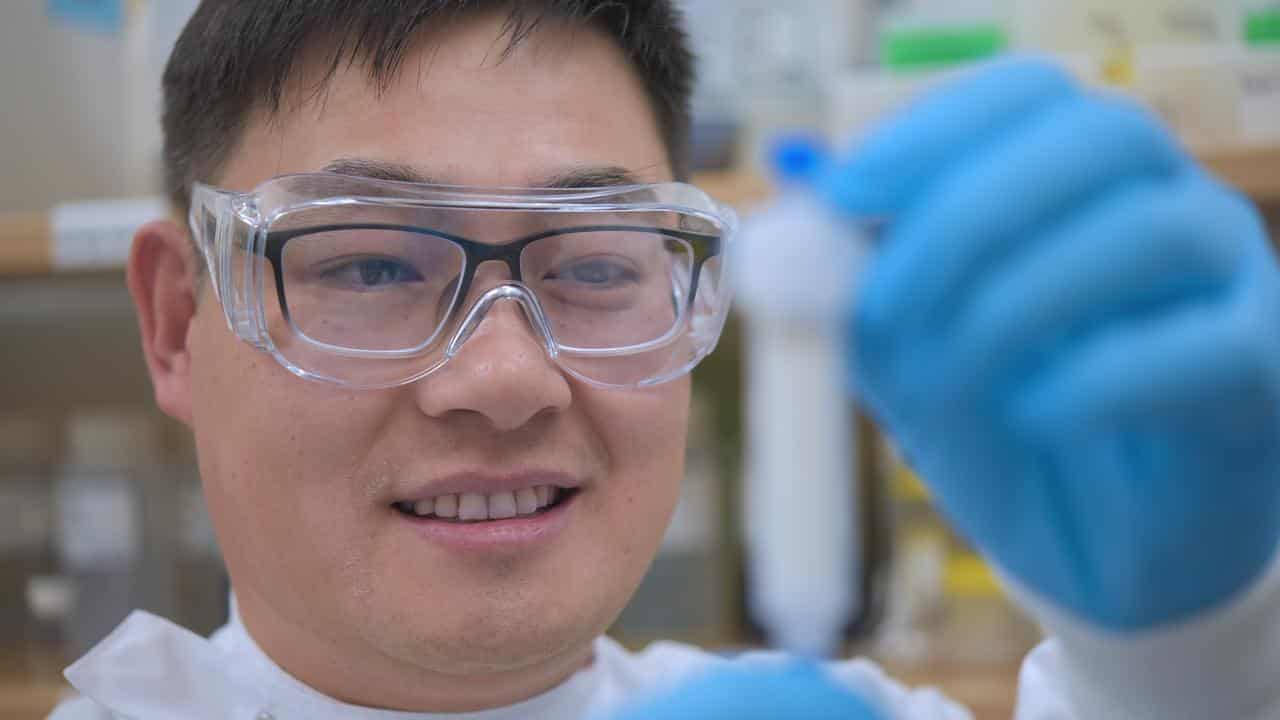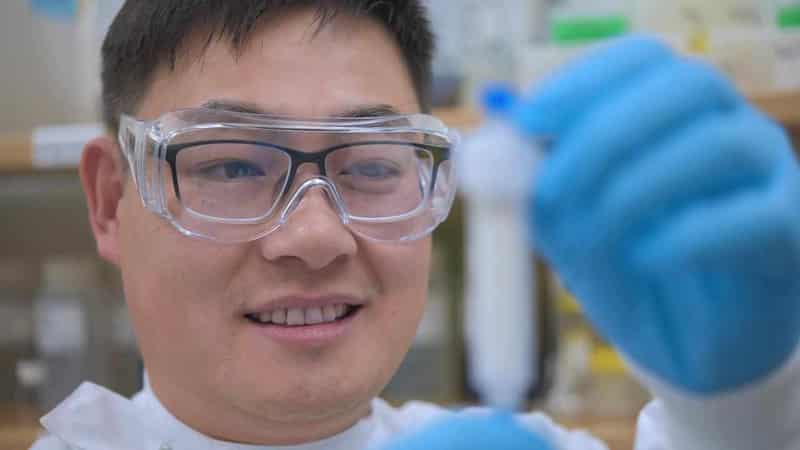
Queensland scientists are preparing for large scale trials of an exciting technology that can strip so-called forever chemicals from water supplies.
Global concern is on the rise about the health and environmental effects of a vast family of chemicals called PFAS, which don't break down and can accumulate in plants, animals and humans.
The chemicals have been linked to deadly cancers, impacts on the liver, heart and immune system, and developmental damage in children.
They've been in such wide use in consumer goods that they're now found everywhere on earth, including in waste water and drinking water.
Just last week, two dams in the NSW Blue Mountains were closed off after the synthetic toxins were detected at levels above Australia's relatively lax drinking water guidelines.
Sydney Water also reported finding PFAS in the city's drinking water at levels accepted in Australia but well beyond the much stricter rules that apply in the United States and elsewhere.
It's a problem University of Queensland scientists are hoping to help remedy in the future, using a PFAS-stripping technology that's about to be trialled in Brisbane and in the US.
Dr Cheng Zhang and his colleagues have proven their PFAS filter works in in the lab.
Now it's time to test the solution at scale at a wastewater treatment plant in Brisbane, and at a fire service training facility in the US, where groundwater has been contaminated with PFAS historically used in fire fighting foams.
The cartridge-style filter is filled with beads that attract any PFAS from water as it passes through.
The PFAS is retained inside the cartridge and can then be extracted and either destroyed, or repurposed. One promising reuse solution is to improve the performance and safety of batteries, but that's still a work in progress.
Dr Zhang says the filter technology holds great promise, and lab tests have shown it can reduce PFAS to levels where they are basically undetectable, and well below the tough US limits.
He can see a future where not too many years from now the technology might be retrofitted to wastewater treatment plants, which have a constant inflow of PFAS contaminated water from households and industry.
And the same could be true for drinking water that's bound for household consumption.
Dr Zhang says negotiations are still underway to bed down the trial sites, but it's incredibly exciting to have reached a point where at-scale testing can begin.
"These demonstrations will be pivotal to scaling up our filter technology for use in industrial water infrastructure. If things go well, as we believe it will, we hope to reach commercial production within three years."
That will come as a relief to Australia's wastewater industry, which has a big PFAS problem on its hands.
Every year, treatment plants produce huge volumes of a waste product called biosolids - essentially treated and dried sewage sludge.
The mud-like residue reflects everything Australian industries and households use and put down the drain or sewer and that includes PFAS.
Most of the approximately 370,000 dried tonnes of biosolids Australia produces each year is currently reused as a fertiliser on agricultural land but that carries the risk of PFAS bioaccumulating in the food chain.









